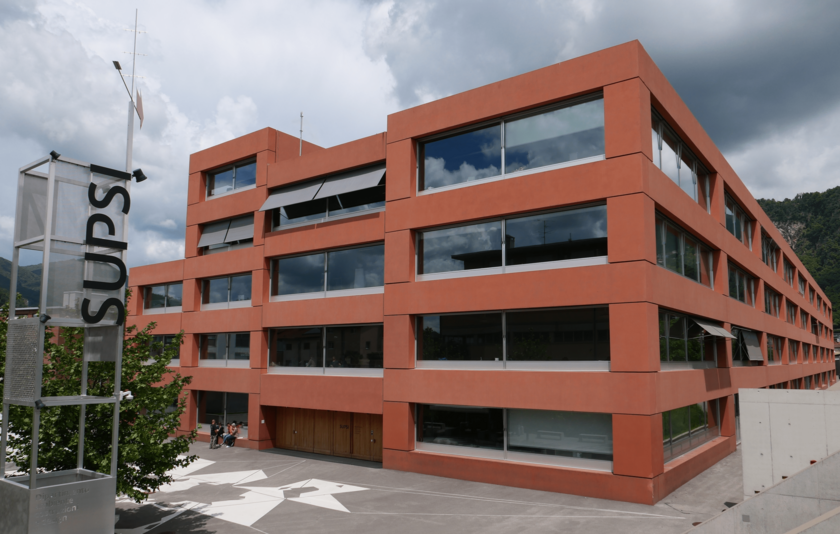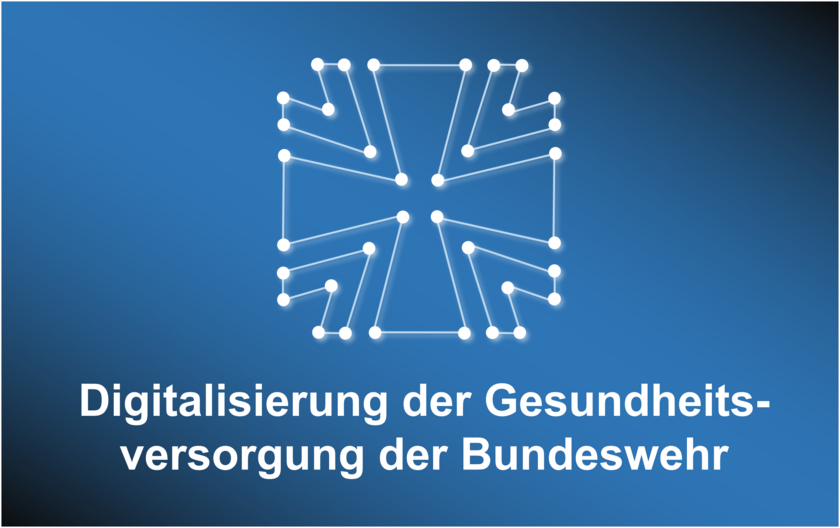Guest lectures in Switzerland
Prof. Dr. Mario Pfannstiel traveled to Mendrisio in the Swiss canton of Ticino at the end of May to give two lectures at the Scuola universitaria professionale della Svizzera italiana (SUPSI) in the Master's degree program Interaction Design in the course Multimodal Experience Design.
In the first lecture, entitled “Essentials for Mastering Service Design in Healthcare”, he conveyed basic core principles and methods of so-called service design. The focus was on understanding, analyzing and improving existing service processes. He also presented various tools and techniques for visualizing and optimizing the interaction between customers and service providers. These include, for example, the methods “Patient Journey Mapping” and “Service Blueprinting”.
The second presentation, entitled “Transforming Healthcare with Service Design-Driven Patient-Centric Solutions and Innovations”, showed how the creative redesign and adaptation of objects can be used to develop innovative solutions for previously unsolved challenges, drawing on existing resources and experience.

Guest lecture in Estonia
Prof. Pfannstiel also traveled to the University of Tartu for a lecture on “Designing Tomorrow's Healthcare Service and Patient Experience” at Pärnu College in Pärnu, Estonia. In addition to students from the Master's program in Wellness and Spa Service Design and Management, employees of the college and local healthcare professionals also took part. Participants gained valuable insights into what new services are being developed for patients and how they can be actively involved in the design and delivery of these healthcare services.
Prof. Dr. Pfannstiel also took the opportunity to visit Pärnu Hospital to learn about progress and current trends in the design and development of hospital services. He gained an impression of the structure and progress of the Rehabilitation and Wellbeing Center as well as the Psychiatric Clinic, Social Services and the Patient Advisory Board. He had the opportunity to view successful projects for quality assurance and improving patient satisfaction, which are increasingly seen as crucial factors for modern healthcare facilities.
Estonia is considered one of the leading countries in terms of digitalization in the healthcare sector. The introduction of e-health solutions has enabled considerable progress to be made there.

Impulse presentation in Berlin
In an online impulse presentation on June 5 on the topic of “Innovative trends in medical device development”, Prof. Dr. Pfannstiel presented innovative ideas and lines of development for medical devices that offer promising potential for significant progress and a sustainable improvement in healthcare in the civilian sector.
A topic that also arouses great interest in the German Armed Forces. The presentation took place as part of the multi-group meeting on the digitalization of healthcare in the German Armed Forces (MultiGrp Digit GesVers Bw) at BwConsulting in Berlin. The participants included doctors and medical informaticians from the Federal Ministry of Defence (BMVg), the Medical Service Command (KdoSanDstBw), and the military hospitals.
The German Armed Forces are continuously investing in the integration of state-of-the-art technologies in order to continually improve the healthcare of their soldiers and provide them with cutting-edge medical care that meets the requirements of a demanding operational environment.
The impulse presentation was followed by a lively discussion on the use and areas of application of new, innovative medical products. Various questions were discussed in this debate: How do the target groups of medical devices in the civilian sector differ from those in the German Armed Forces? Where is there a need to promote and implement innovative medical products?
The focus was on the importance of integrating state-of-the-art technologies into the medical care of troops. It was emphasized that a variety of medical devices provides an overview of possible areas of application, but that in actual use a standardized product is best suited to improve the efficiency and effectiveness of medical interventions. The participants recognized opportunities in some digital and innovative solutions that could also make life easier for medical professionals and thus increase responsiveness in medical care.

Contact
Prof. Dr. Mario A. Pfannstiel (opens in a new window) is a Professor of Healthcare Management at HNU's Faculty of Health Management.






